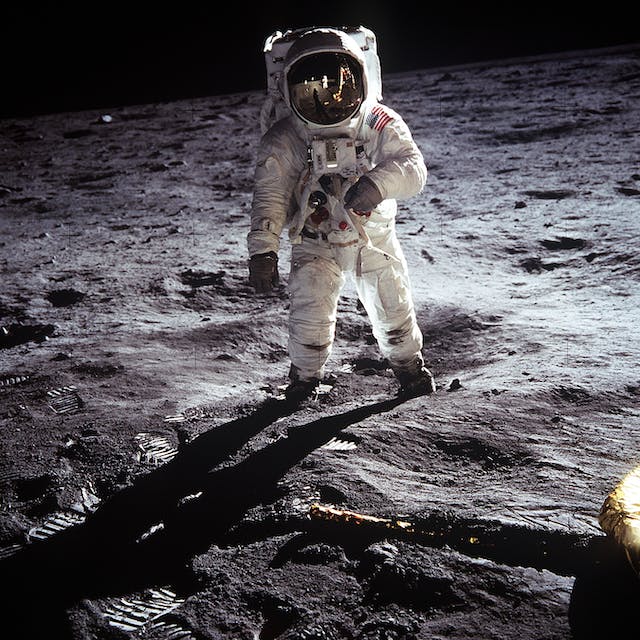Space exploration has always been a field that transcends the boundaries of human knowledge and technology.
In recent years, the integration of artificial intelligence (AI) has revolutionized the way we explore and understand the universe.
As we venture deeper into space, AI plays a vital role in improving the efficiency, precision and capabilities of space missions.
1.
Autonomous spacecraft: One of the important contributions of AI in space exploration is the development of autonomous spacecraft.
AI algorithms allow spacecraft to make decisions on their own without constant human intervention.
This autonomy is especially important in situations where communication delays make real-time control impractical.
For example, NASA’s Mars rovers Spirit and Opportunity used AI for autonomous navigation, allowing them to navigate difficult terrain and avoid obstacles without waiting for instructions from Earth.
2.
Data analysis and pattern recognition: The large amounts of data collected during space missions require complex analysis to extract meaningful information.
AI excels at processing and interpreting large data sets quickly and accurately.
Machine learning algorithms can identify patterns, anomalies, and trends in data, helping scientists understand complex phenomena.
This capability is invaluable for missions like the Hubble Space Telescope, which generate vast amounts of astronomical data that AI can analyze to identify celestial objects, study their properties, and contribute to our understanding of the universe.
3.
Mission planning and optimization: AI plays a key role in optimizing mission planning and execution.
Planning space missions involves complex calculations and considers many different factors such as fuel consumption, gravity and orbital dynamics.
AI algorithms can perform these complex calculations efficiently, allowing mission planners to design more efficient routes, conserve resources, and maximize the scientific output of their missions.
space mission.
4.
Robotics and extraterrestrial exploration: AI-powered robotic systems have become an indispensable part of extraterrestrial exploration.
From Mars rovers to future missions to the Moon and beyond, AI-enabled robots are essential for conducting experiments, collecting samples, and performing missions in harsh environments.
harsh, from afar.
These robots can adapt to unforeseen challenges and perform tasks with precision, minimizing the risks associated with human exploration.
5.
Space Telescopes and Exoplanet Discovery: AI is improving our ability to explore distant galaxies and discover exoplanets.
Space telescopes like the James Webb Space Telescope (JWST) leverage AI to analyze data and process images, allowing scientists to more effectively uncover the secrets of the universe.
AI algorithms are also used in light curve analysis and data from ground-based telescopes, contributing to the discovery of new exoplanets and the characterization of their atmospheres.
Conclusion: It’s undeniable that artificial intelligence is changing the landscape of space exploration.
From autonomous spacecraft to advanced robotics and data analysis systems, AI plays a central role in expanding our understanding of the universe.
As technology continues to advance, the synergy between AI and space exploration promises to open new horizons and decode the mysteries of the evolution of the universe.
